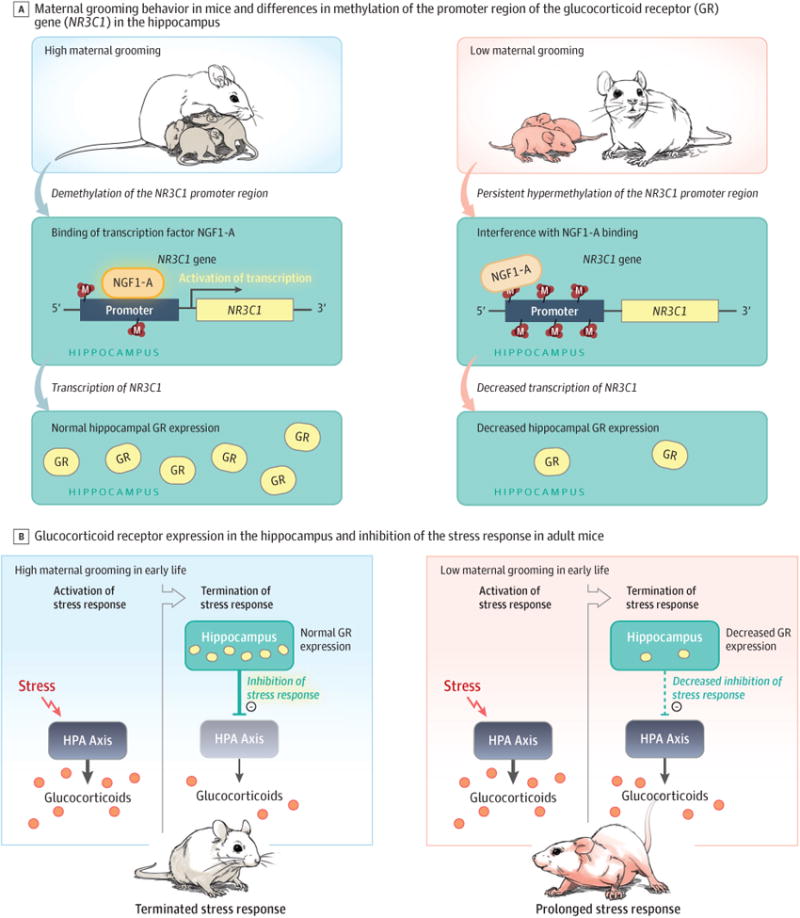Figure 4. Early Life Experience and Epigenetic Modulation of the Stress Response in Mice.

A, left: Mice reared in a high licking and grooming (enriched or supportive) environment have less stress during the early part of their lives. In these mice, the glucocorticoid receptor (GR) promotor region is demethylated, which allows binding of transcription factors like NGFI-A and normal hippocampal GR expression. B, left: Normal GR expression results in more efficient feedback inhibition of the hypothalamic-pituitary-adrenal (HPA) axis and lower overall stress reactivity as adults. A, right: Mice reared in a low licking and grooming (neglectful) environment have persistent hypermethylation of the promoter region of the GR gene in the hippocampus, resulting in decreased GR expression. B, right: Reduced activity of hippocampal GRs results in decreased inhibition of the HPA axis with prolonged activation of the stress response. Consistent with rodent studies, hypermethylation of hippocampal GRs has been demonstrated in postmortem brains of patients with histories of childhood abuse.40
